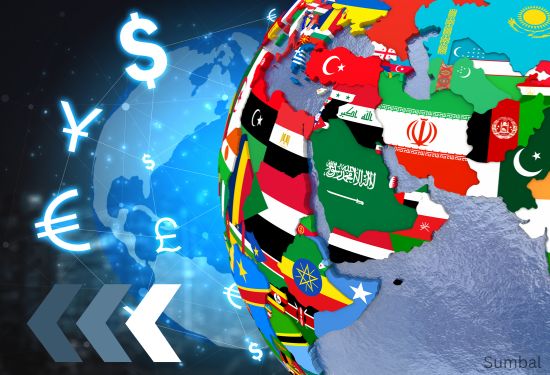Financial Literacy: The Keystone of Economic Empowerment
In the complex world of modern finance, financial literacy emerges as the cornerstone of economic empowerment and stability. This critical skill set enables individuals to make informed and effective decisions regarding the management of their personal finances, including savings, investments, budgeting, and debt management. As the financial landscape evolves with the introduction of new products, technologies, and challenges, the importance of financial literacy has never been more pronounced. This article explores the significance of financial literacy, its impact on individuals and societies, the barriers to achieving it, and the steps necessary to foster a financially literate population.

The Importance of Financial Literacy
Financial literacy equips individuals with the knowledge and skills needed to navigate the financial marketplace effectively. It's not just about understanding how to balance a checkbook or save for retirement; it's about developing a comprehensive understanding of financial principles that enable sound financial decision-making. With a solid foundation in financial literacy, individuals can avoid common pitfalls such as high levels of debt, inadequate savings, and investment mistakes.
Impact on Individuals and Societies
The benefits of financial literacy extend beyond individual financial well-being to impact societies at large. A financially literate population is less likely to fall prey to predatory lending practices and more likely to contribute to stable and prosperous economies. Financial literacy can reduce the gap between the rich and the poor, promote social mobility, and stimulate economic growth by fostering a culture of investment and financial planning.

Barriers to Financial Literacy
Despite its importance, achieving widespread financial literacy is fraught with challenges. Education systems often fail to prioritize financial education, leaving many without the basic skills needed to manage their finances. Moreover, the rapid pace of innovation in the financial sector can outstrip individuals' ability to keep abreast of new financial products and regulations, further complicating the landscape.
Fostering Financial Literacy
Addressing the need for financial literacy requires a multi-faceted approach. Education systems must integrate financial education into their curricula to equip young people with essential financial skills. Additionally, financial institutions, governments, and non-profit organizations should collaborate to provide resources and programs that enhance financial literacy among adults. Finally, leveraging technology and social media can play a pivotal role in delivering financial education to a wider audience.

Conclusion
Financial literacy is not just a personal asset; it's a societal imperative. By empowering individuals to make informed financial decisions, we can foster more resilient economies and equitable societies. The path to financial literacy demands concerted efforts from all sectors of society, but the rewards—a financially savvy population capable of navigating the complexities of the modern financial world—are well worth the investment.
(Writer:Ciki)




